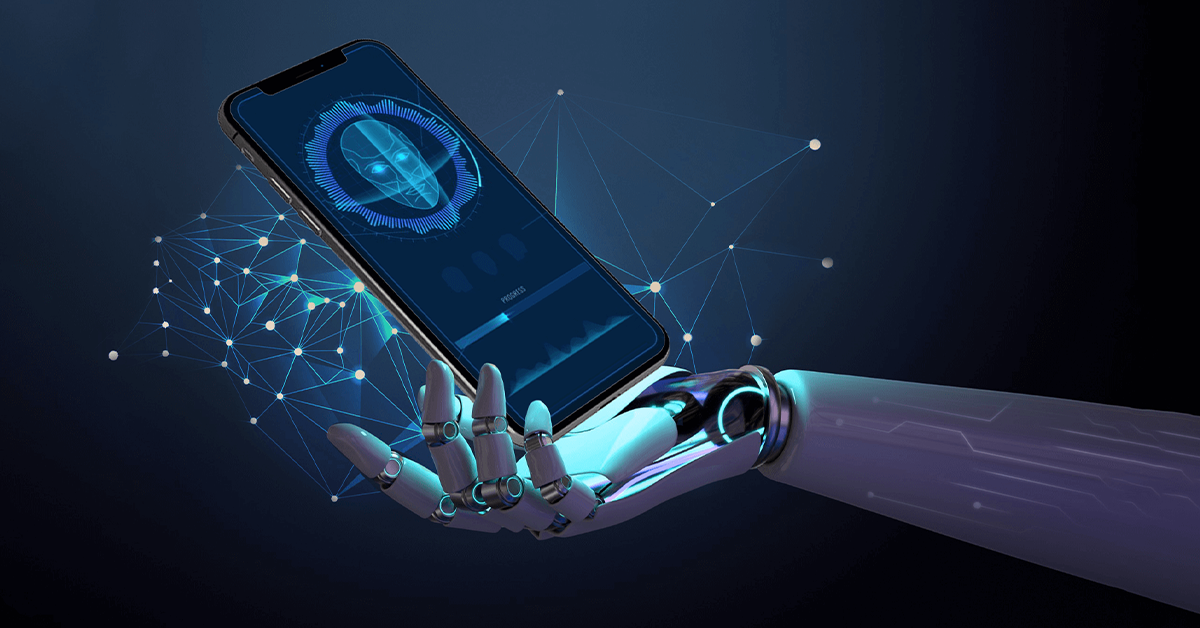AI-Powered Chatbots: From Basic Support To Smart Assistants
Artificial intelligence has redefined the way businesses interact with customers. AI-powered chatbots are no longer limited to answering repetitive queries. Instead, they have matured into intelligent systems capable of understanding context, emotions, and intent. Consequently, companies now rely on these tools to improve engagement, reduce costs, and deliver personalized experiences.
AI-Powered Chatbots
Early chatbots
In the beginning, chatbots were rule-based and relied on predefined scripts. Their responses were often rigid, which made interactions feel mechanical. However, these early versions laid the foundation for today’s intelligent systems. Businesses began to see the potential of automating customer support, even if the experience felt limited.
Advancing technology
The rise of natural language processing transformed chatbot capabilities. As algorithms became more sophisticated, bots could analyze user input more effectively. This improvement allowed them to interpret meaning rather than just match keywords. As a result, conversations started to feel smoother and more human-like.

Customer support
Many organizations adopted chatbots to provide instant support. Customers appreciated receiving quick answers without waiting in long queues. Additionally, chatbots could handle multiple conversations simultaneously, reducing the burden on human agents. This combination improved service efficiency while maintaining customer satisfaction.

Personalized experiences
Today’s AI chatbots leverage data to deliver personalized recommendations. They can analyze user behavior and tailor suggestions accordingly. Therefore, customers feel understood, which builds stronger relationships with brands. Personalization also increases conversion rates by offering relevant solutions at the right time.

Multichannel integration
Modern chatbots are no longer confined to websites. They now function across messaging apps, social media, and mobile platforms. Businesses benefit from maintaining consistent communication wherever their customers are active. This seamless integration strengthens brand presence and ensures reliable support.
Smart assistants
AI-powered chatbots have evolved into virtual assistants capable of complex tasks. They can schedule appointments, process orders, and provide proactive updates. Moreover, they often integrate with enterprise systems to handle workflows automatically. This functionality extends their role far beyond basic conversation.
Business impact
Companies adopting intelligent chatbots experience reduced operational costs. Human agents can focus on high-value tasks while bots manage routine inquiries. Furthermore, improved customer satisfaction leads to stronger loyalty and retention. The overall impact makes AI-powered chatbots a strategic investment rather than just a support tool.
Emerging trends
The future promises even more advanced capabilities for AI chatbots. Continuous improvements in machine learning will enhance contextual awareness. Voice-enabled interactions will become increasingly common, allowing for hands-free assistance. Consequently, businesses will gain more opportunities to deepen customer engagement.
Conclusion
AI-powered chatbots have traveled a long path from scripted responders to smart assistants. Their ability to understand, personalize, and integrate across channels makes them essential for modern business. As technology advances, they will only become more valuable. Organizations that embrace these tools now will be well-positioned to lead in customer experience.
